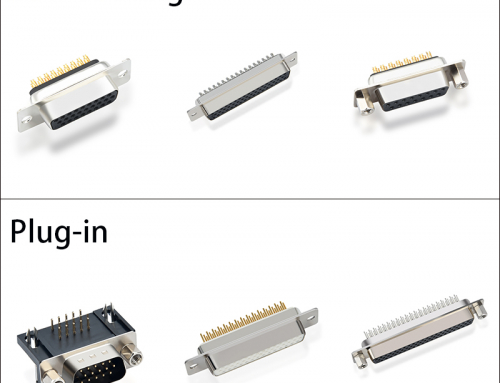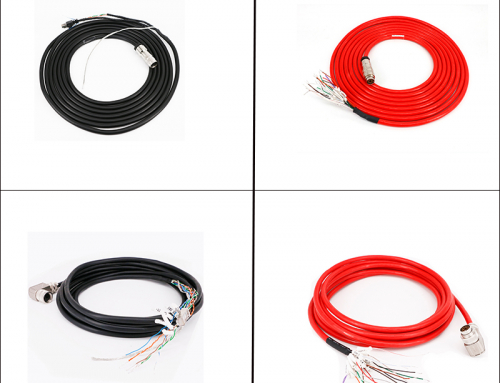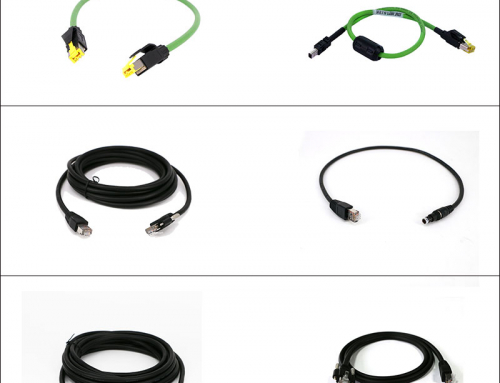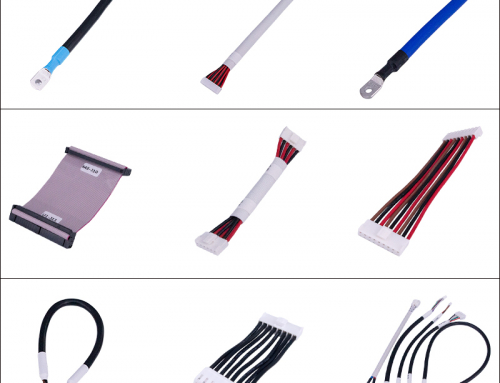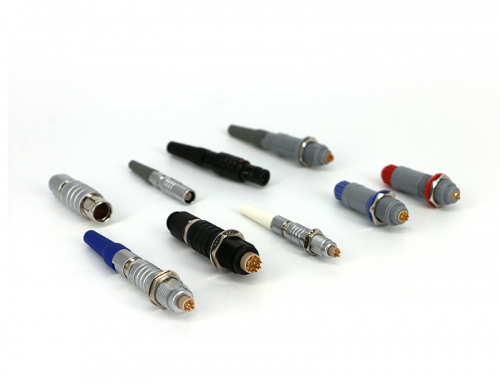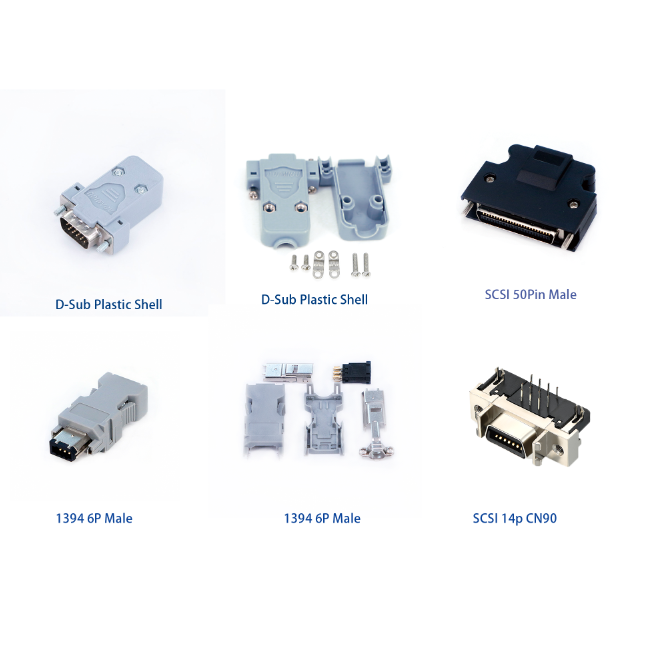 Servo connectors are electronic components that play a key role in connecting servo systems.
Servo connectors are electronic components that play a key role in connecting servo systems.
Main functions
• Signal transmission: Servo systems rely on precise signals to control the operation of motors, such as speed control signals, position feedback signals, etc. Servo connectors can ensure that these signals are accurately and efficiently transmitted between controllers, drivers and motors, so that the motors can run accurately according to preset requirements.
• Power transmission: In addition to signals, some servo connectors are also responsible for power transmission, providing the required electrical energy for the motors to ensure the normal operation of the motors.
Features
• High reliability: Since servo systems are usually used in industrial automation equipment, robots and other fields that require high precision and high stability, servo connectors need to have high reliability. They generally use high-quality materials and precision manufacturing processes to ensure that they can stably transmit signals and power during long-term use, and withstand complex industrial environmental factors such as temperature changes, humidity changes, and vibrations.
• High-precision connection: In order to ensure the accuracy of signal transmission, the pin design and contact method of the servo connector are carefully designed to achieve low-resistance and low-signal loss connections. For example, some servo connectors use gold-plated pins, which can effectively reduce contact resistance and improve signal quality.
• Multiple interface types: Servo connectors have multiple interface forms to meet different equipment connection requirements. Common ones are circular interfaces (such as M12 interfaces) and rectangular interfaces (such as D-SUB interfaces). Circular interfaces have good sealing properties and are suitable for use in harsh environments; rectangular interfaces can accommodate more pins to achieve more complex signal and power transmission.
Application areas
• Industrial automation production lines: In automated production equipment, servo connectors are widely used in various motor-driven robotic arms, conveyor belts, processing tools and other components. For example, in automated assembly lines, robotic arms accurately control the motion trajectory through servo systems, and servo connectors ensure stable transmission of signals and power to achieve efficient and accurate product assembly.
• Robotics: Servo connectors are indispensable for both industrial robots and service robots. When industrial robots perform tasks such as welding, spraying, and handling, as well as when service robots move and operate, servo connectors ensure precise control of motors, enabling robots to accurately complete various complex movements.
• CNC machine tools: In CNC machine tools, servo systems are used to control the precise movement of tools and the position movement of workbenches. The servo connector plays a key role in connecting the servo motor and the CNC system to ensure that the processing accuracy reaches the micron level requirements.


